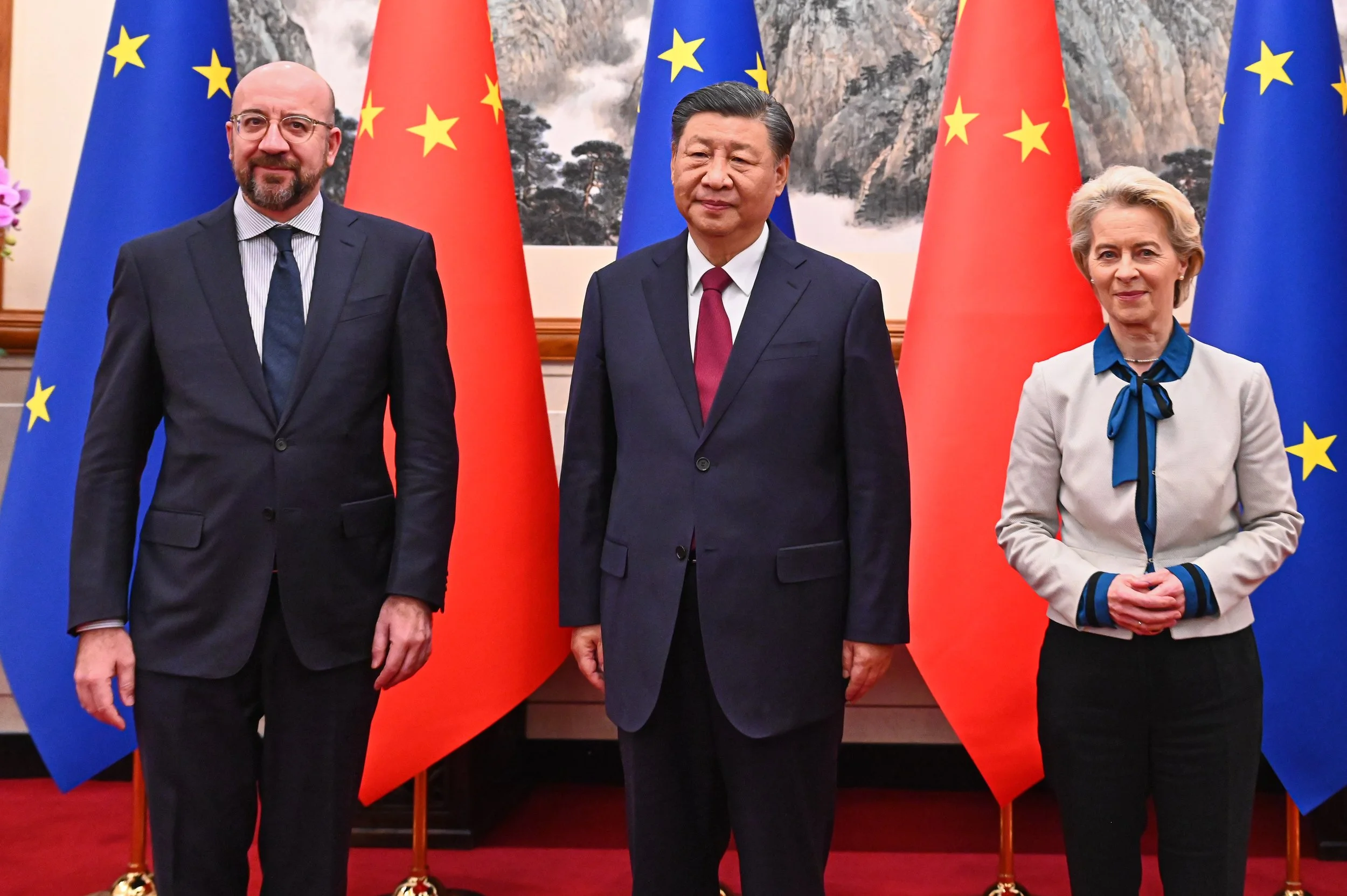Written by Geo Dzakwan Arshali
Jakarta has never been aimless in its approach to the Koreas — it seeks to de-escalate tensions on the peninsula by keeping dialogue alive, even with an isolated Pyongyang, while simultaneously deepening cooperation with a democratic Seoul and its Western allies.
Read More
















